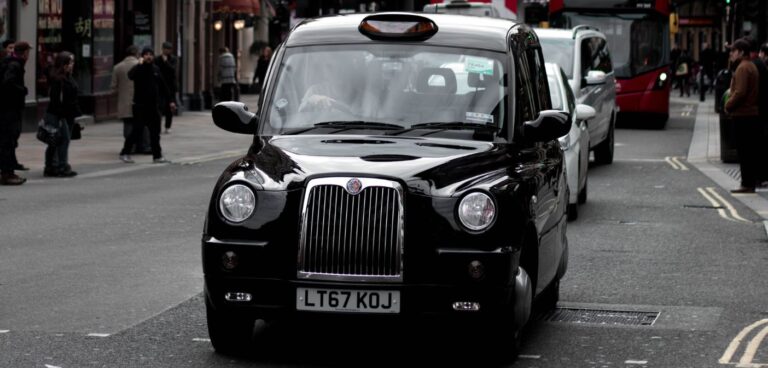The new Taxis and Private Hire Vehicles (Disabled Persons) Act 2022 is reportedly the most significant change to accessibility regulation for taxis and private hire vehicles (PHVs) since the 2010 Equality Act .
The act was effective from 28 June, and is intended to ensure that the 13.7 million disabled people in Great Britain are accommodated during taxi and PHV journeys and are protected from overcharging.
The new legislation alters the Equality Act by applying duties to taxi and PHV drivers to ensure disabled people receive assistance without additional charges.
Taxi and PHV drivers could now face fines of up to £1,000 if they fail to provide reasonable assistance to disabled passengers taking a pre-booked vehicle.
Part of such accommodations include: helping visually impaired passengers identify their booked vehicle; duties for councils to ensure they publicly identify wheelchair-accessible vehicles; and stating that medically exempt drivers must still accept any disabled passenger without applying additional fares.
Wendy Morton, UK accessibility minister, said: “It is fantastic that the updated legislation and guidance will help ensure that all disabled people receive assistance when using taxis and PHVs.
“Disabled people account for around a fifth of the population and our Inclusive Transport Strategy is making travel more accessible for all.”
The measures are part of the Department for Transport’s (DfT) 2018 Inclusive Travel Strategy and will apply to drivers across Great Britain.
In March 2022, DfT announced a £2.5m package to empower disabled people to travel with confidence, including funding for mobility centres and lifeline ferry services.





